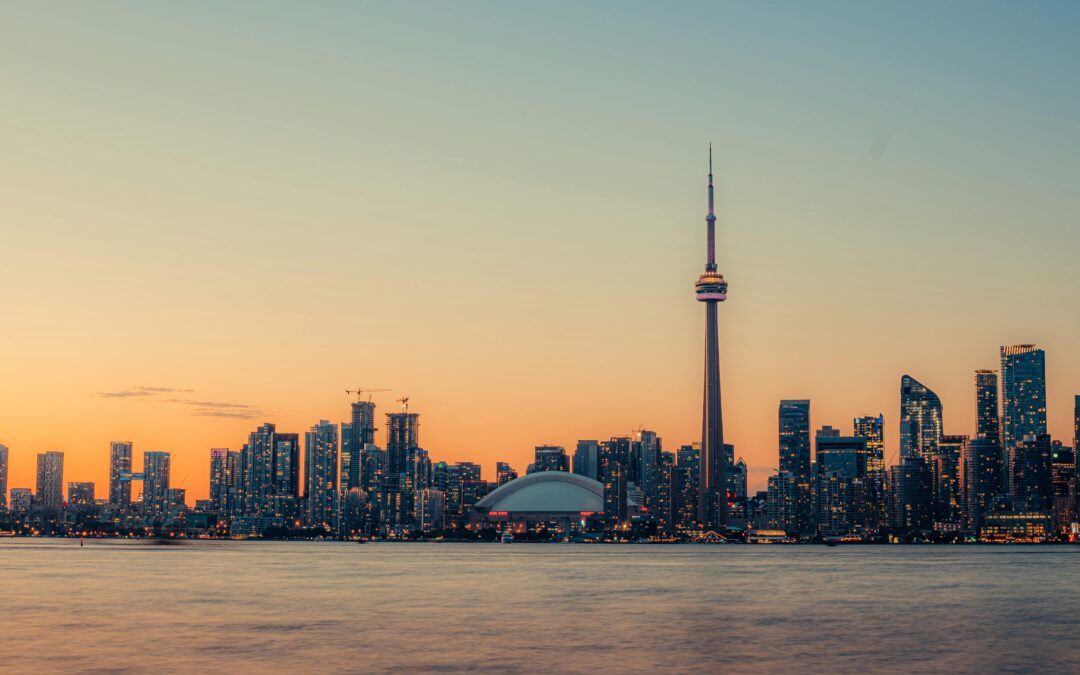Why Summer Sunsets Are Hijacking Your Sleep—and How to Take Control
The longer days of summer feel like a gift. But they come with a hidden cost: confused circadian rhythms.
When the sun sets at 9 p.m., your body gets the wrong message—it delays melatonin production, postpones sleepiness, and disrupts your natural rhythm. You may wake groggy, even after 8 hours in bed.
☀️ The Science
Light is the primary cue for your circadian clock. A 2021 University of Colorado Boulder study showed campers who removed artificial light realigned their biological rhythms to sunrise and sunset within a few days of removing artificial light. In real life, we do the opposite—we amplify light after dark.
Yes, a later sunset in the summer can disrupt our body’s natural sleep-wake cycle—also known as the circadian rhythm—because light is a major cue for regulating this cycle. As daylight fades, the body begins to release melatonin, often called the “darkness hormone,” which signals that it’s time to sleep. But when the sun sets late, melatonin release is delayed. This shift can push your bedtime later and lead to disrupted sleep patterns.
🔬 Light and the Circadian Rhythm
Our bodies run on an internal clock that influences many physiological processes, especially sleep. Morning light helps set this clock earlier, while evening light delays it. In summer, especially in areas with daylight saving time, there’s simply more evening light—and that extra brightness can confuse your body’s sleep cues.
😴 Impact on Sleep
Delayed melatonin production in response to late sunsets can make it harder to fall asleep at a reasonable hour, leading to sleep deprivation or irregular sleep timing. Over time, this can throw your entire rhythm off track.
⚠️ Potential Health Consequences
Chronic disruption of circadian rhythms has been linked to poor cognitive performance, mental health issues, and even increased risk for certain diseases.
💡 How to Help:
-
Shift light early.
-
Use a 10,000-lux light box upon waking, even in summer.
-
Get natural morning sunlight—15 minutes outside before 9 a.m. is a circadian game-changer.
-
Dim deliberately.
-
Time your wind-down by light, not the clock.
⏭️ Up next: “Why Summer Is Prime Time for Sleep Revenge—And What to Do Instead.”

